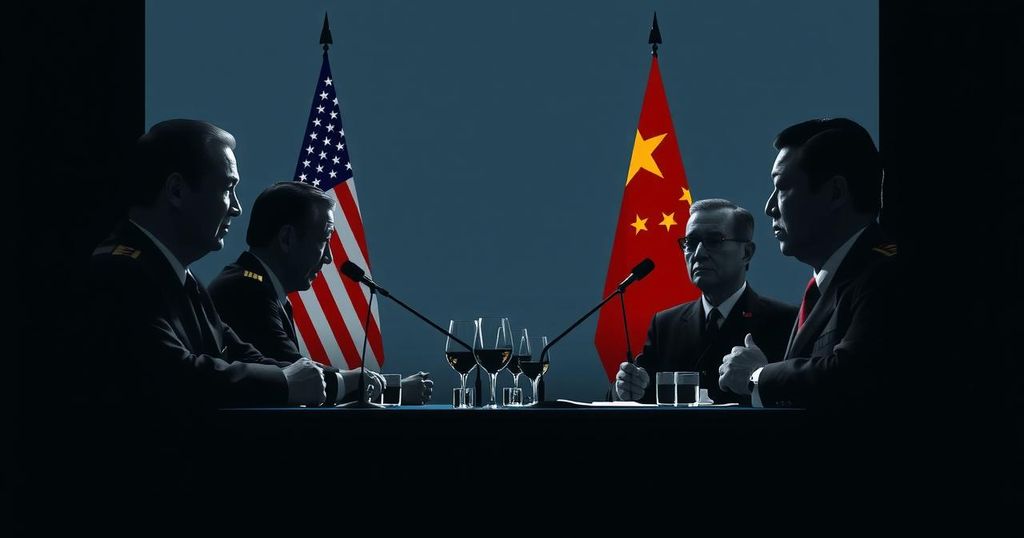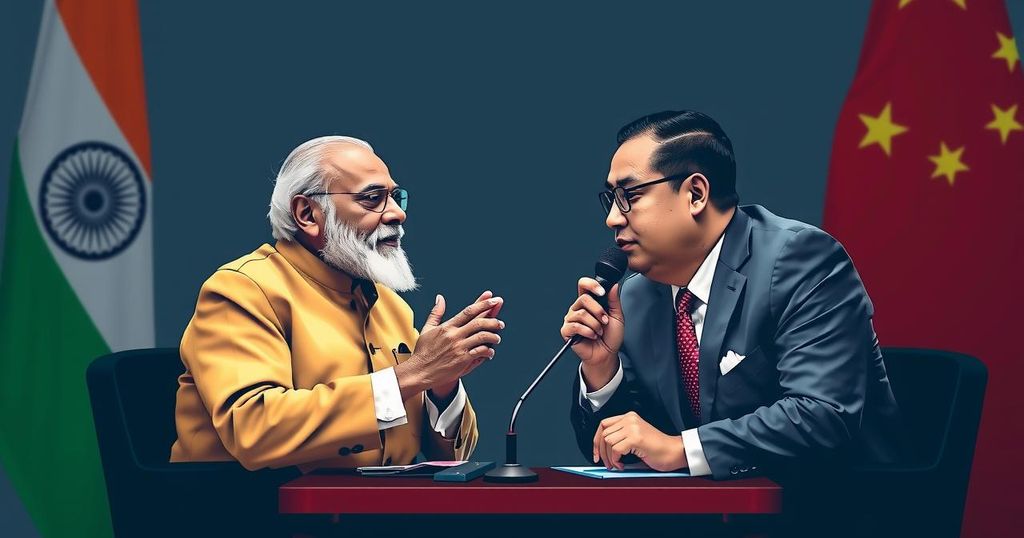U.S.-China Military Leaders Discuss Tensions Amid Ongoing Geopolitical Issues
Summary
U.S. and China military leaders held routine talks in Beijing about tensions in the South China Sea, Taiwan, and the Russia-Ukraine war. The discussions aimed to maintain dialogue amid rising tensions, despite not resolving key disputes. Communication between the militaries had been suspended for two years, highlighting the geopolitical intricacies of their relationship.
The top military leaders of the United States and China convened in Beijing for their first routine talks since their resumption in January, following a two-year hiatus due to escalating tensions between the two nations. These discussions took place against the backdrop of significant geopolitical issues, including the Taiwan situation, the ongoing Russia-Ukraine conflict, and maritime disputes in the South China Sea. The U.S. delegation, led by Michael Chase, the deputy assistant secretary of defense for China, Taiwan, and Mongolia, participated in the Defense Policy Coordination Talks. While these meetings were not anticipated to bridge the longstanding differences over Taiwan and South China Sea territorial claims, they represent a continuing U.S. effort to maintain dialogue and avert potential conflicts. The talks coincided with Chase’s attendance at the Xiangshan Forum, an event that showcases China’s defense diplomacy. Communication between U.S. and Chinese military officials had been suspended in 2021 amid rising tensions surrounding Taiwan, economic issues, and the COVID-19 pandemic’s origins. Although dialogue resumed following a meeting between President Joe Biden and President Xi Jinping in San Francisco the previous November, future communications remain uncertain, particularly with the proximity of the U.S. presidential election. A U.S. defense official noted that discussions also encompassed China’s support for Russia and recent encounters in the South China Sea, including an incident involving a Philippine vessel, the BRP Teresa Magbanua. As China’s territorial claims in the South China Sea have grown more assertive, conflicts with the Philippine coast guard have escalated, highlighted by incidents such as a recent collision. The Philippine government has expressed concern over China’s intentions regarding the disputed shoal, particularly after the aforementioned vessel faced potential blockades by Chinese ships, leading to questions about its security and sovereignty claims.
The U.S.-China military dialogue, particularly regarding security and territorial disputes, is pivotal in understanding the broader geopolitical landscape in the Asia-Pacific region. The South China Sea, a crucial maritime area rich in resources and strategic trade routes, has been a point of contention, especially given China’s increasingly assertive territorial claims. The ongoing tensions regarding Taiwan, which China views as a breakaway province, further complicate the military dynamics between the U.S. and China. The recent resumption of talks represents efforts to mitigate risks of conflict amid rising tensions, particularly in relation to military miscalculations in contested areas. The dynamics of the region are further impacted by the international ramifications of the Russia-Ukraine war, as alliances and geopolitical strategies evolve in response to global crises.
The recent talks between U.S. and Chinese military leaders in Beijing underscore the importance of maintaining dialogue amid ongoing tensions over territorial disputes and geopolitical conflicts. While the discussions are unlikely to resolve deep-seated disagreements, such as those surrounding the South China Sea and Taiwan, they represent a crucial step in preventing potential conflicts. The continued assertiveness of China’s claims in the South China Sea, coupled with broader issues such as the Ukraine war, illustrates the complexity of the U.S.-China relationship and highlights the necessity for ongoing communication between their military leaders.
Original Source: abcnews.go.com








Post Comment